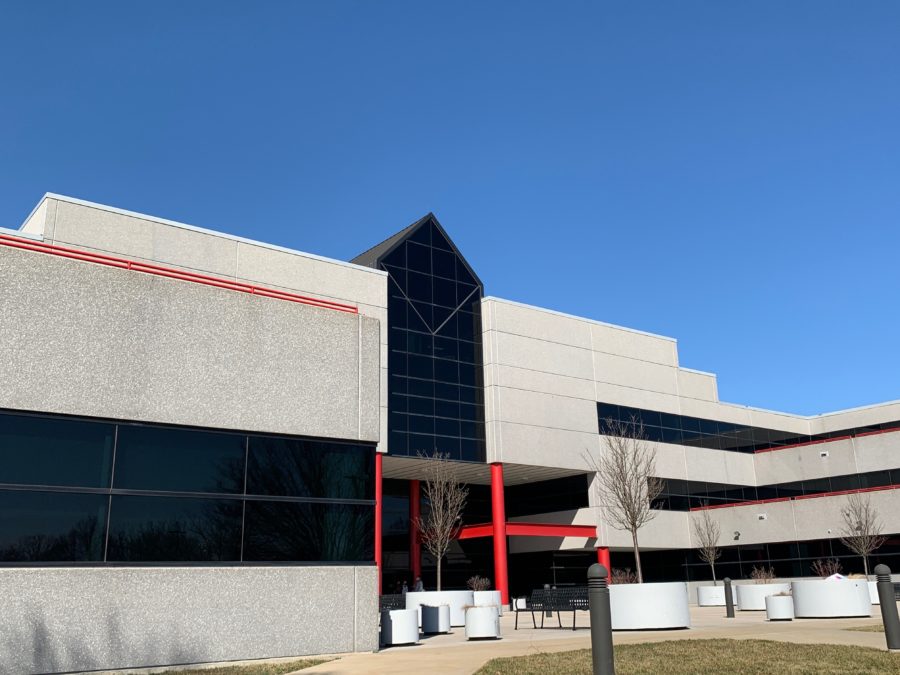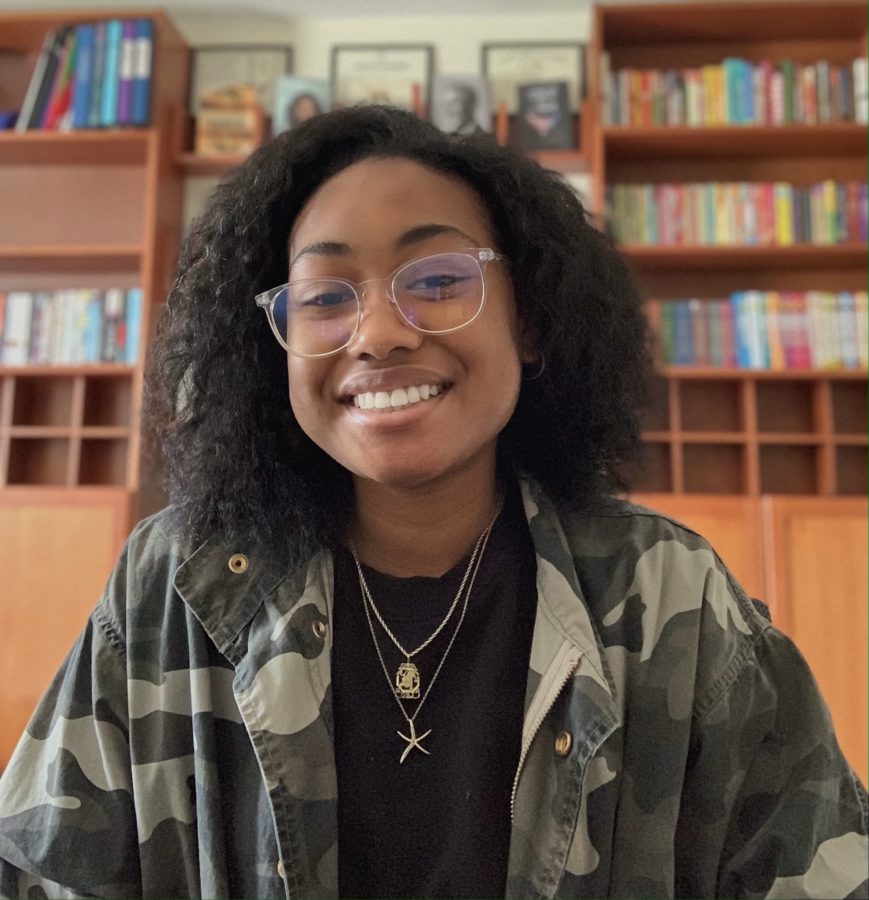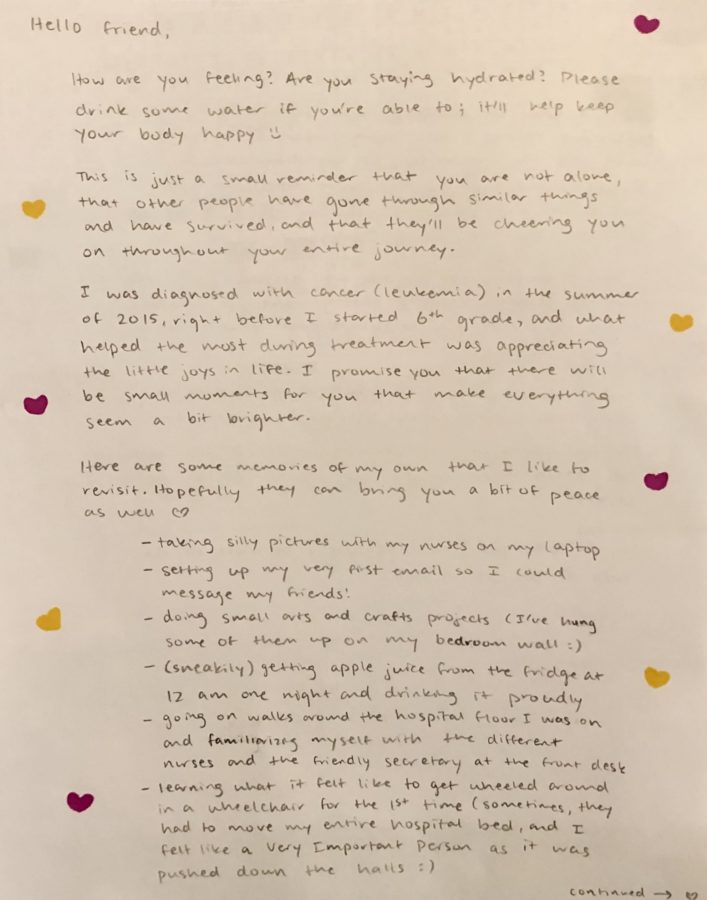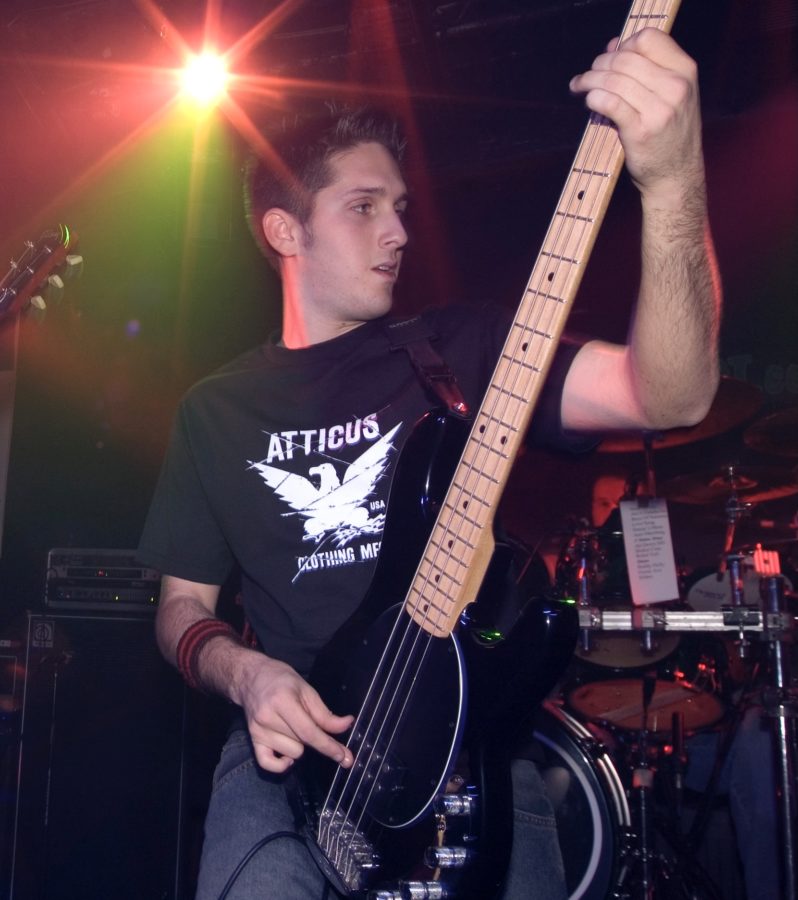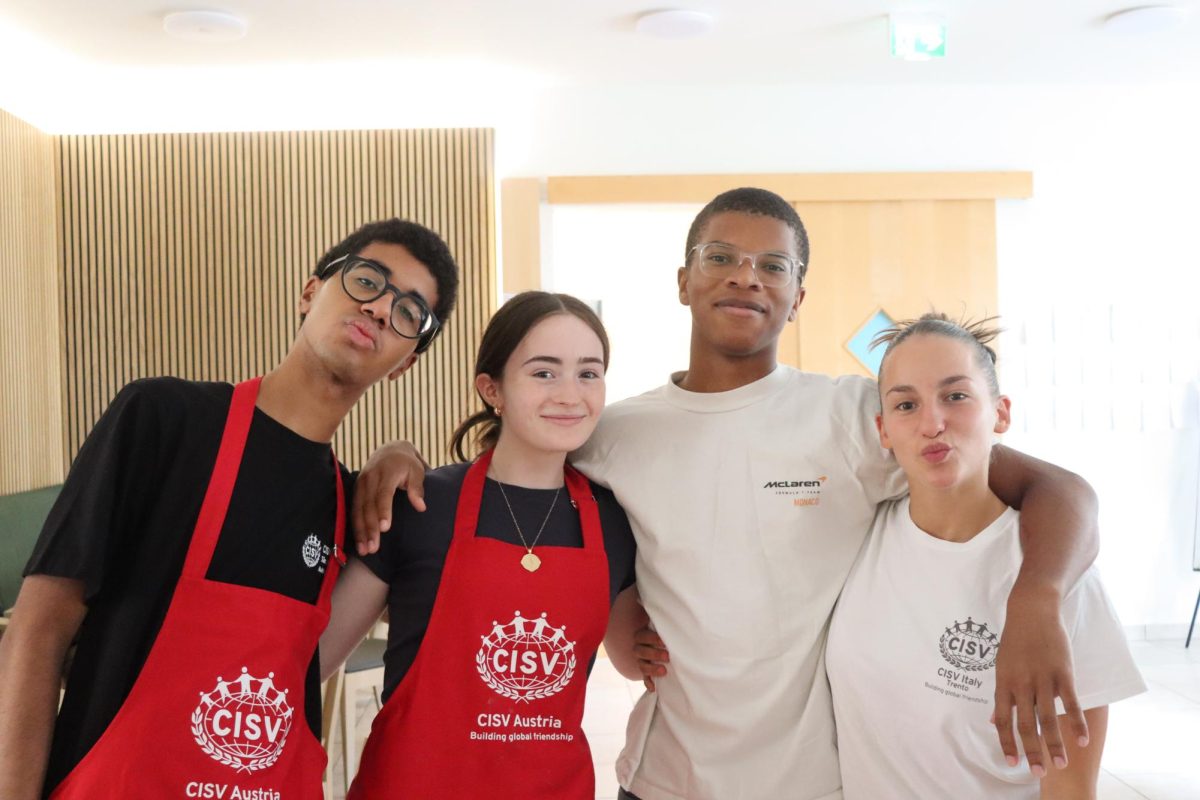By Aditi Dahagam, Staff Reporter
Due to the coronavirus pandemic, clubs have adapted to the school closure by using video call meetings in order to continue with projects and events.
Key Club
Key Club focuses on community service, in which students volunteer at facilities such as the Wayne Art Center and the YMCA. Although several events have been cancelled or become virtual due to social distancing, the coronavirus pandemic has created new opportunities to commit to community service, such as thank you cards to teachers. Senior and co-chair of major charities Alexis Malamas explained that the club wants to thank teachers for all their efforts in transitioning between school lessons to virtual learning by sending them Thank You emails.
“Teachers are doing so much for students during this difficult time, so I wanted a way to give back to teachers, as well as an opportunity for Key Club members to get hours,” Malamas said.
In addition to sending emails to teachers, Key Club has been using Microsoft Teams to update members about virtual service opportunities. The club has also taken previous events and virtualized them such as peer tutoring via an online app or creating videos to send to children. Senior and club president Emily Ford believes that club members should have a safe way to continue volunteering so they can help others during the pandemic.
“We want to keep our members safe during this time, so we stuck to safe activities like online tutoring, sharing videos of members reading a book or helping the community by cleaning up trash,” Ford said. “Our members have a passion for volunteering and being stuck at home won’t stop us from helping others. At a time when we are all new to this situation, it’s important to keep supporting our community and peers as best we can.”
Health Occupations Students of America (HOSA) Club
Since HOSA, a club for aspiring medical students, began this year, sophomore president Liz Zhang wanted to create structure in the club through raising funds to attend future competitions and holding executive board elections. Through Zoom meetings, Zhang said that she hopes to keep club members engaged by playing games and organizing team building activities.
As a medical-related club, HOSA has been planning to get involved in helping those fighting COVID-19. Many organizations that the club was looking into aiding require monetary or equipment donations, which some of the club members might not have access to, so Zhang is planning for the club to write cards to healthcare workers.
“I think that showing gratitude towards (healthcare workers) who are sacrificing their lives to keep everyone safe is just a little something we can all easily do to brighten up their day. I was also thinking of creating a compilation of videos of us expressing our thanks or love to senior citizens and sending it to different retirement homes or hospitals,” sophomore president Liz Zhang said.
“We played a Scattergories game online, and I thought that this was a really great way to get everybody familiar with each other,” Zhang said. “It’s good to get everybody to be able to work with each other because a lot of the competition categories are teamwork events, and it’s important to build skills of teamwork.”
Brighten A Day Club
Brighten A Day Club focuses on cheering up children at hospitals and seniors at nursing homes by sending them cards and other gifts. During school meetings, the club members make cards and plan cardmaking events in the community. Currently, sophomore and club president Hita Gupta is encouraging members to make more cards and share information about activities they can do to help those in nursing homes through Microsoft Teams meetings. Gupta finds benefits in video call meetings but still prefers in person meetings.
“We can do video calls so even if we’re not close to each other, we can still see each other’s faces. But then again, there’s nothing like face to face interaction,” Gupta said. “There weren’t a lot of people at the meeting, and I think it’s also about the fact that it’s unfamiliar. We didn’t get to hear a lot of voices which was one thing that I missed.”
One of the main differences Gupta noticed with virtual meetings is the increased flexibility in scheduling because meetings can be held during more parts of the day. Gupta describes that another change in the switch from school meetings to online ones is the atmosphere.
Computer Science Club
Before the school closed, Computer Science club discussed members’ personal projects, helped people with computer science homework and gave presentations on new topics during meetings, as well as attended hackathons and other competitions. Junior co-president Eric Zhao explains that there are many pros and cons to video call meetings on Microsoft Teams.
“Screen sharing works well enough, but sometimes it’s better to get an in person demo when another member is showing us something cool that they developed in their free time,” Zhao said. “But it’s actually easier to get people’s attention. You don’t have to shout across the room or anything when you’re doing a group activity.”
Less people showed up to the first online meeting compared to the meetings at school but Zhao explains that the people who were present were attentive and participated more. Zhao believes that it’s important for clubs to continue communicating during the pandemic because the transition back to meetings at school will be easier.
“These clubs are formed to group people who have common interests and get them into doing things together. Even though we’re not meeting in person, I think it’s important to do this especially since when we will be back in school, those clubs will continue as normal,” Zhao said.
In addition to online meetings, Computer Science Club will be holding their second annual Codefest from April 22 to June 1. Students can work individually or in teams of up to four to code any project they want including a website, game, or app. The projects will be judged by Mr. Sharick and the top three projects will receive monetary prizes. Zhao believes that Codefest provides students the opportunity to experience what coding is really like.
“We want people to do group projects because in the real computer science world, everything is in teams or collaboration,” Zhao said. “We’re hoping that with more time on their hands, people will code more.”

Aditi Dahagam can be reached at [email protected].




















































































